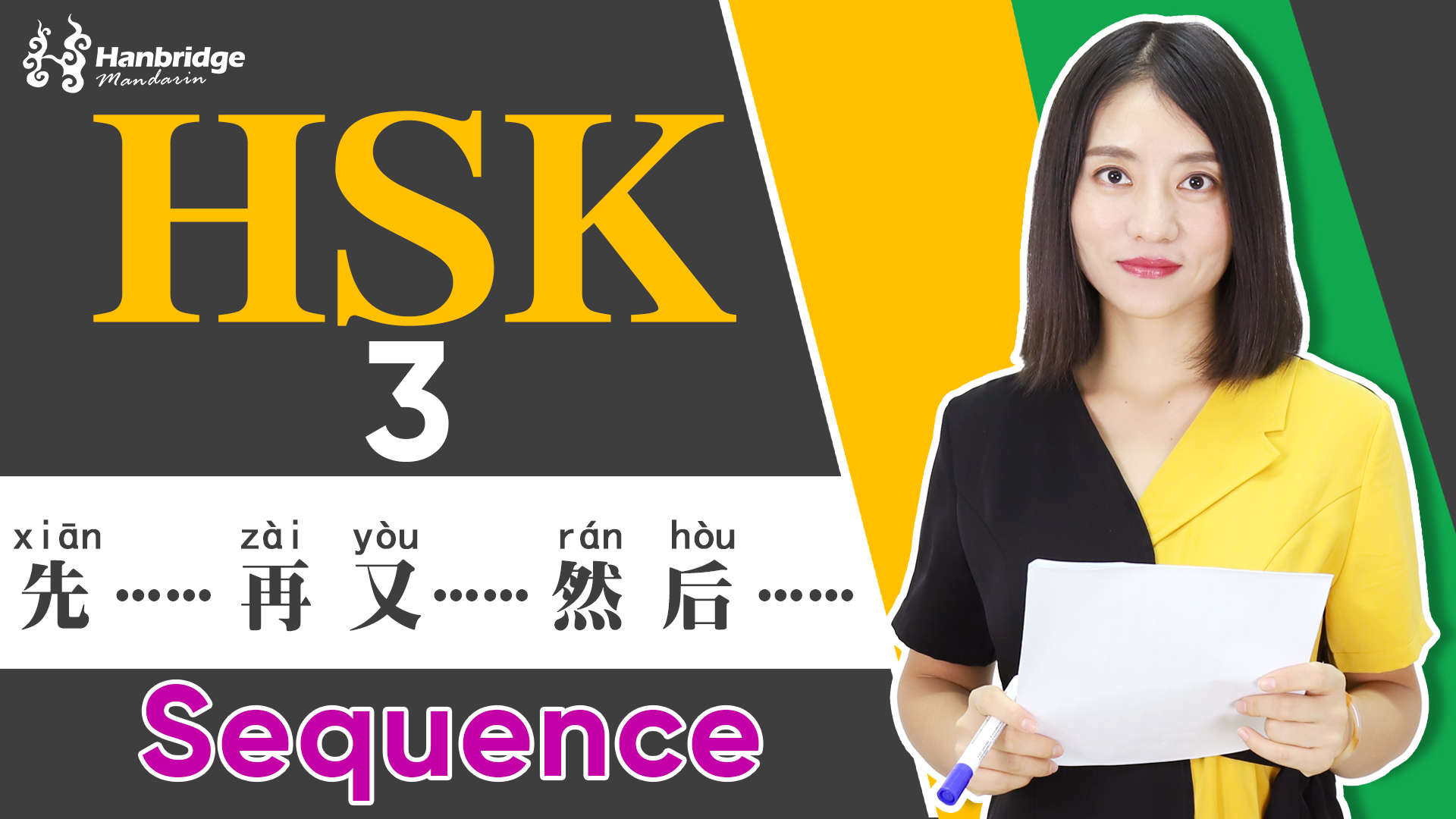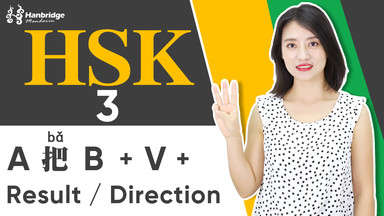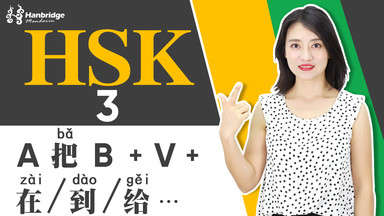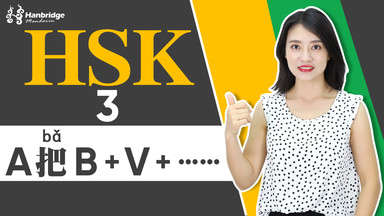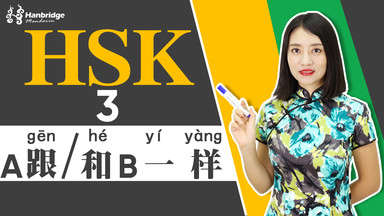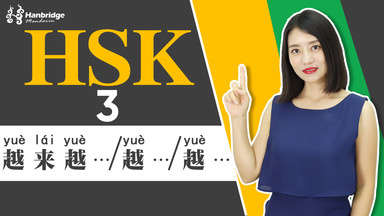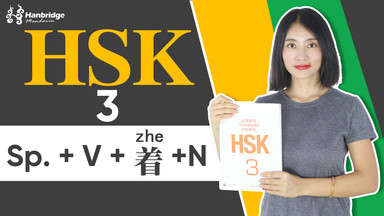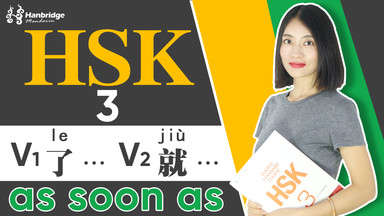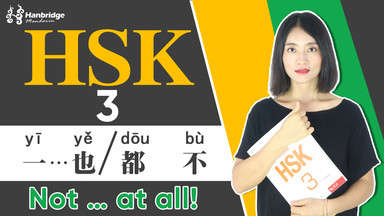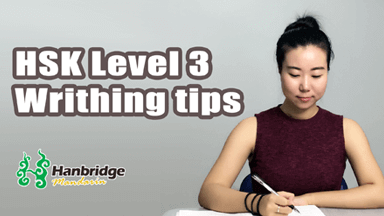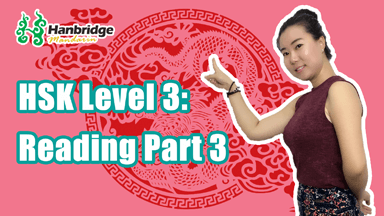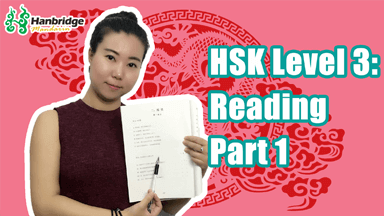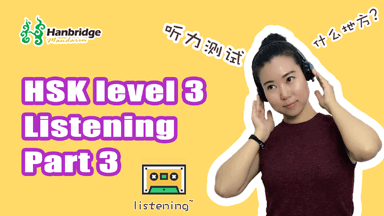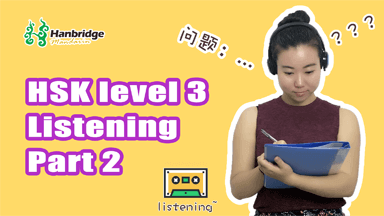HSK 3 Sentence Structure 1
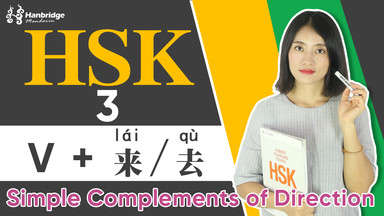

Teacher: Vikki Lv Experience: 4 years
HSK 3 Sentence Structure 1
Teacher : Vikki Lv
你好! 我是汉桥的老师,欢迎大家和我们一起学习HSK3.
Today we’re going to learn two simple but important complements of direction words: V + 来,V + 去。
They are used as frequently in Chinese as “come” and “go” in English. 我们开始吧!
If you put来after an action verb, V + 来, it means the action is moving toward the speaker, as in “come in”进来
进, means to enter, 进来indicates the action “to enter” is moving toward the speaker.
When you add 去 after an action verb, V + 去,it means the action is moving away from the speaker, as in “go in”, 进去
It indicates the action “to enter” is moving away from the speaker.
我们看一下例子:
你好! 我是汉桥的老师,欢迎大家和我一起学习HSK3.
Today we’re going to learn two simple but important complements of direction words: V + 来,V + 去。
They are used as frequently in Chinese as “come” and “go” in English. 我们开始吧!
If you put来after an action verb, V + 来, it means the action is moving toward the speaker, as in “come in”进来
进, means to enter, 进来indicates the action “to enter” is moving toward the speaker.
When you add 去 after an action verb, V + 去,it means the action is moving away from the speaker, as in “go in”, 进去
It indicates the action “to enter” is moving away from the speaker.
我们看一下例子:
请进来我的办公室一下。我们知道,speaker在办公室。进来 shows the listener is going to move toward the speaker。
老师在教室,你进去找他吧。我们知道,speaker不在教室。进去shows the listener is going to move away from the speaker.
进has an opposite word 出(to exit), it has the same usage in this situation.
比如:
我要换衣服了,你可以出去一下吗?
The speaker wants the listener to leave her alone because she needs to change clothes, so we need 去 to indicate “to move away”
我在你家门口,你出来吧。
The speaker is asking the listener to come out so they can meet, so we need 来 to indicate “to move toward“.
有很多其它的动词V也可和 来/去一起用,比如 上 下 回 过 and带 and so on 。
我们看一下例子:
我们在楼上等你,你上来吧。
The speaker is upstairs, so the listener is going to move toward them by“going up stairs”
妈妈,爸爸回来了。
The speaker and the mother are at home, so the action of the father “returning home” is moving toward the speaker.
你可以帮我买啤酒来吗?
The speaker wants the listener to buy some beer and come, so the listener is going to buy the beer and move toward the speaker.
这些东西搬去你家。
The speaker is telling the listener that those things are going to be moved to the listener’s house, so the action of “moving” is to be away from the speaker.
我们看一下以前的考试题:
1. 再拿两双,你爷爷奶奶一会儿就过来,我们一起吃。-H31001
2. 他去旅游了,可能这个周末才能回来。-H31001
3. 女: 外面的风刮得特别大,你还出去跑步吗?
男:不出去了,今天多睡一会儿。-H31005
好了,你学会了吗?来做一下练习吧:
爸爸在楼上等你,你(/)吧。
你先(/)吧,我还要加一会儿班。
我搬不动,你能不能(/)帮我一下?
你喜欢和我们一起学习吗?If you find it useful, please subscribe and stay tuned.下次见! 请进来我的办公室一下。我们知道,speaker在办公室。进来 shows the listener is going to move toward the speaker。
老师在教室,你进去找他吧。我们知道,speaker不在教室。进去shows the listener is going to move away from the speaker. 进has an opposite word 出(to exit), it has the same usage in this situation.
比如:
我要换衣服了,你可以出去一下吗?
The speaker wants the listener to leave her alone because she needs to change clothes, so we need 去 to indicate “to move away”
我在你家门口,你出来吧。
The speaker is asking the listener to come out so they can meet, so we need 来 to indicate “to move toward“.
有很多其它的动词V也可和 来/去一起用,比如 上 下 回 过 and带 and so on 。
我们看一下例子:
我们在楼上等你,你上来吧。
The speaker is upstairs, so the listener is going to move toward them by“going up stairs”
妈妈,爸爸回来了。
The speaker and the mother are at home, so the action of the father “returning home” is moving toward the speaker.
你可以帮我买啤酒来吗?
The speaker wants the listener to buy some beer and come, so the listener is going to buy the beer and move toward the speaker.
这些东西搬去你家。
The speaker is telling the listener that those things are going to be moved to the listener’s house, so the action of “moving” is to be away from the speaker.
我们看一下以前的考试题:
1. 再拿两双,你爷爷奶奶一会儿就过来,我们一起吃。-H31001
2. 他去旅游了,可能这个周末才能回来。-H31001
3. 女: 外面的风刮得特别大,你还出去跑步吗?
男:不出去了,今天多睡一会儿。-H31005
好了,你学会了吗?来做一下练习吧:
爸爸在楼上等你,你(/)吧。
你先(/)吧,我还要加一会儿班。
我搬不动,你能不能(/)帮我一下?
你喜欢和我们一起学习吗?If you find it useful, please subscribe and stay tuned.下次见!



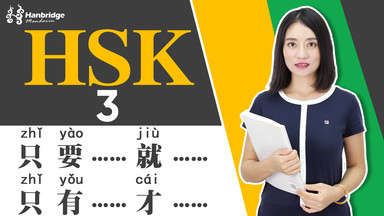


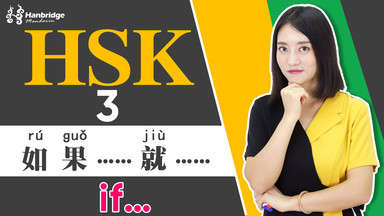
.jpg)
